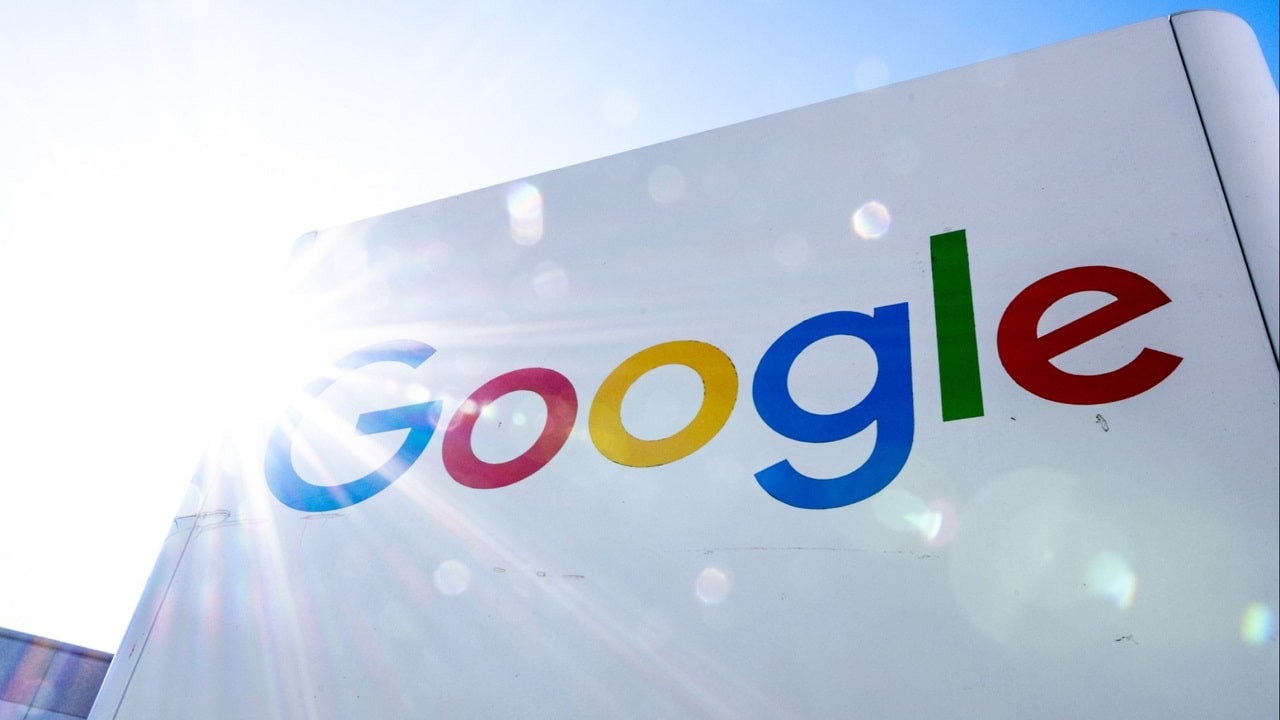
The official announcement has arrived: Google is working on a rival of ChatGPT called Bard. The CEO of Google Sundar Pichai called the project an “experimental conversational AI service” that will answer questions and converse with users. Even if, for the moment, only a group of “trusted programmers” are testing the communication skills of the AI.
Sundar Pichai announced that Google is working on a chatbot capable of rivaling ChatGPT in a blog post from the company. It is not clear at the moment what capabilities Bard will have, but it seems that he will retain the feature that allows everyone to use OpenAI’s ChatGPT: the freedom to use it for different functions – and the fact that you can access it for free once it launches.
Pichai explains that: “Bard can be an outlet for creativity and a springboard for curiosity, helping you explain new discoveries from NASA’s James Webb Space Telescope to a 9-year-old child, or learn more about the best strikers in the football right now, but also to provide exercises to develop your skills.
A screenshot posted by Google also suggests more practical and direct uses. For example, planning a baby shower or what kind of meals you might prepare from an ingredients list.
From Pichai’s words, it seems that Google Bard will have a direct and important advantage over ChatGPT. In fact, Pichai explains that Bard “draws on information from the web to provide fresh, high-quality answers,” suggesting that he may be able to answer questions about recent events. Something ChatGPT can’t do, as it doesn’t include the latest information: it can tell you what an iPhone is, not tell you the difference between 13 and 14.
Google Bard therefore wants to prove to be more useful than ChatGPT, also combining the best of Google searches. But the fact that Pichai officially announced it without a product ready to test suggests that Mountain View felt the pressure to roll out a product quickly, to respond to ChatGPT.
The rushed announcement reveals the “red code” activated by Google after the launch of ChatGPT last year. While the technology behind ChatGPT isn’t revolutionary, OpenAI’s decision to make the system available for free has exposed millions of people to this new form of automated text generation. This has led to discussions about the impact of ChatGPT on education, work and, of particular interest to Google, the future of Internet search. Waiting too long could cause Google to win the technological “battle” but lose the cultural one.
Google has for years demonstrated a great deal of skill in developing the kind of artificial intelligence that powers ChatGPT. Google’s voice assistants, speech transcription on Pixels, the ability of Google Translate: all the ingredients in the recipe of chatbots. However, so far the company has taken a more cautious approach to sharing its tools with the public. For example, Google has made LaMDA, the language model behind Bard, available through its AI Test Kitchen app. But the number of questions you can ask this artificial intelligence is much more limited.
A more cautious approach isn’t necessarily wrong. Google has shown distrust of untested AI: the company is more exposed than OpenAI. Language models like LaMDA and GPT-3.5 (which powers ChatGPT) have in the past published toxic content: hate speech, fake news. Tying your name to this type of chatbot can lead to a media backlash.
To avoid these problems, Google tested Bard in stride – but the advent of ChatGPT risks having a worse impact than any foul-mouthed AI scandals. Pichai however points out that Google will combine “external feedback with our own internal testing to make sure Bard’s responses meet a high level of quality, safety and substantiation in real-world information.” There will be errors and fake news, but Google will try to limit them as much as possible.
Also because Google is already incorporating artificial intelligence into its many products, including search. Increasingly, the company is using artificial intelligence to summarize search results. Perhaps the answers will soon be part of Bard’s conversation.
Pichai explains: “You’ll soon see AI-powered features in Search that distill complex information and multiple perspectives into easy-to-digest formats, so you can quickly understand the big picture and learn more from the web—whether it’s searching for perspective add-ons, such as blogs from people who play both piano and guitar, or delve into a related topic, such as steps to get started as a beginner. These new AI features will start rolling out to Google Search soon.”
So maybe Bard won’t compete directly with ChatGPT, but it will be included in Google responses. A winning strategy? Tell us what you think in the comments.
How many times have we wished we had a very long extension cord, which would…
The long weekend will end with Monday night between two teams experiencing different moments. Let's…
Around the web you will surely have seen some people who have published images with…
Radiation fever leaves the confines of the Amazon Prime Video TV series: Microsoft is more…
Qualcomm Technologies, Inc. today expands the Snapdragon X series leading platform portfolio by introducing Snapdragon…
How often do you hear about technologies like 4G or 5G? Often, we imagine. You…